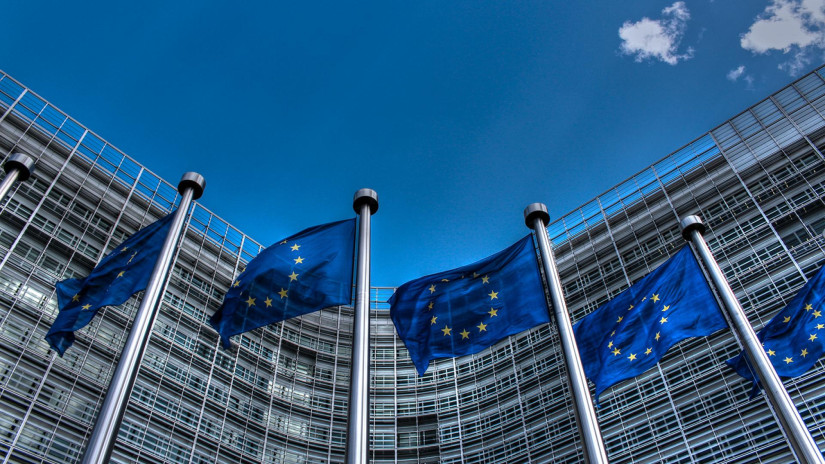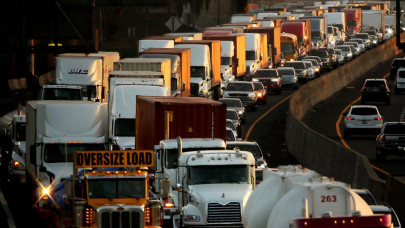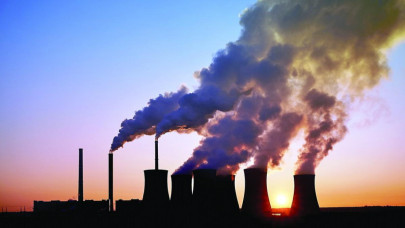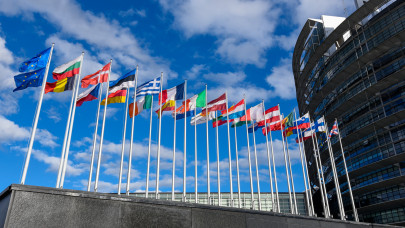Negotiators from the Parliament and Council reached a provisional political agreement on the revision of the Industrial Emission Directive (IED) the directive on the landfill of waste and the new regulation on the Industrial Emissions Portal. The aim is to further combat air, water, and soil pollution from large agro-industrial installations, which can also lead to health problems such as asthma, bronchitis, and cancer.
The new rules will make it mandatory to set the strictest achievable emissions levels and push industrial plants to focus more on energy, water, and material efficiency and reuse, in addition to fostering the use of safer, less toxic, or non-toxic chemicals in industrial processes, through emission or environmental performance targets. To combat water scarcity, environmental performance targets will become obligatory for water consumption. For waste, resource efficiency, energy efficiency, and raw material use such targets will be within a range, and for new techniques, targets will be indicative.
Co-legislators agreed to extend the IED to cover extractive industry installations (mines) and large installations manufacturing batteries.
Co-legislators agree to extend IED measures to pig farms with more than 350 livestock units (LSU). Farms raising pigs extensively or organically, and outside for a significant amount of time in a year, are excluded. For poultry, it would apply to farms with laying hens with more than 300 LSU and to farms with broilers with more than 280 LSU. For farms rearing both pigs and poultry, the limit will be 380 LSU.
The Commission originally proposed a threshold of 150 LSU for all livestock, including cattle. Co-legislators agreed to task the Commission to review, by 31 December 2026, the need for EU action to address the emissions from the rearing of livestock, including from cattle, as well as a reciprocity clause to ensure producers outside the EU meet requirements similar to EU rules when exporting to the EU.
Negotiators also agreed to increase transparency and public participation in the licensing, operation, and control of regulated installations. The European Pollutant Release and Transfer Register will be transformed into an EU Industrial Emissions Portal where citizens can access data on all EU permits and local polluting activities. In addition, systems for e-permitting should be in place at the latest by 2035.
Non-complying companies can face penalties of at least 3% of the operator's annual EU turnover for the most serious infringements and member states shall give citizens affected by non-compliance the right to claim compensation for damages to their health.
“I am happy about the overall outcome as Parliament defended the most important points in its mandate including significantly reducing emissions without creating further red tape for industries and farmers and as well as the level of penalties for non-complying companies”, says rapporteur Radan Kanev (EPP, Bulgaria).
The deal still has to be adopted by Parliament and Council, after which the new law will be published in the EU Official Journal and enter into force 20 days later. Member states will then have 22 months to comply with this directive.
The industrial emission directive lays down rules on preventing and controlling pollution from large agro-industrial installations' emissions into air, water, and soil as well as the generation of waste, use of raw materials, energy efficiency, noise, and prevention of accidents. Installations covered by the rules are required to operate by a permit addressing the entire environmental performance of the plant.
This legislation is responding to citizens' expectations concerning the polluter pays principle speeding up the green transition and promoting greener production processes as expressed in proposals 2(2), 3(1), 11(1), and 12(5) of the conclusions of the Conference on the Future of Europe.













